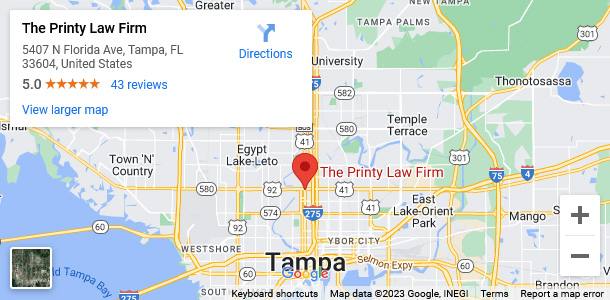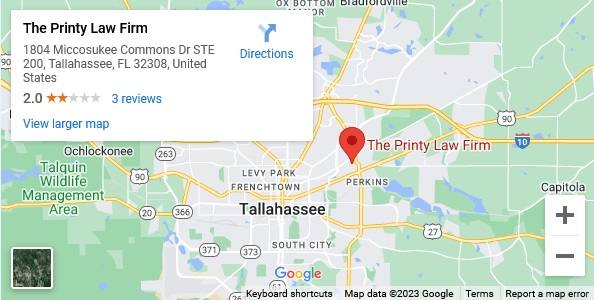Discrimination Claim: EEOC Pt. 1
Processing a Discrimination Claim with the EEOC
A victim of employment discrimination should file his or her claim as soon as possible after the discrimination has occurred, or risk losing the right to recover damages. A job applicant or employee who has experienced employment discrimination based on race, color, religion, sex (including pregnancy), national origin, age (40 or older), disability or genetic information, can file a “Charge of Discrimination,” with the Equal Employment Opportunity Commission (EEOC), the federal agency enforcing most anti-discrimination laws. Except for charges under the Equal Pay Act (EPA), a victim is required to file a Charge of Discrimination with the EEOC before he or she can proceed to file a discrimination lawsuit in court.
Who can file a charge
In addition to the person suffering discrimination, an individual, organization, or agency, may file a charge on behalf of the person. This is allowed in order to protect the victim’s identity.
Time limits, in general
The location of the discriminatory practice determines how long a claimant has to file a charge with the EEOC. Generally, a claimant who is not a federal employee or federal job applicant must file 180 calendar days after the discrimination took place. However, this filing deadline is extended to 300 calendar days if a state or local agency enforces a state or local law that prohibits employment discrimination on the same basis.
In Florida, the Florida Commission on Human Relations (FCHR) enforces theFlorida Civil Human Rights Act (FCRA), which prohibits employment discrimination in the state. Therefore, the EEOC filing deadline for all discrimination charges by Florida claimants extends to 300 calendar days.
For age discrimination claims, the filing deadline is extended to 300 days only if there is a state law prohibiting age discrimination in employment and a state agency or authority enforcing that law. (The deadline is not extended if only a local law prohibits age discrimination.)
Time limits are generally not extended while the claimant is pursuing redress via other forums. However, except for actions requiring a Right to Sue (see ahead), the claimant can pursue redress through other forums (e.g., internal grievance or union grievance) while the charge is processed by EEOC.
For multiple acts of discrimination, each act will be subject to a separate deadline. For example, an act of demotion following a sex discrimination event will trigger different deadlines. A Florida victim should be aware that if the first discriminatory act occurred more than 300 days before the second discriminatory act and the victim has not filed, he or she will lose the right to seek redress for that first act, except for claims of ongoing harassment.
Time limits for equal pay discrimination
Victims of sex discrimination on the basis of unequal pay or wages can file a charge under Title VII and also under the EPA. Unlike a claim under Title VII, when filing under the EPA the victim does not need to file a charge of discrimination with the EEOC. Victims are allowed to file a lawsuit directly in court. However, in order to file under Title VII, the claim must be filed with EEOC before the EPA lawsuit is filed. The time limit to file a lawsuit under the EPA is two years from the day the victim received the last discriminatory paycheck. This deadline is extended to three years in the presence of willful discrimination. Coordinating the deadlines between the two options can be challenging. –Burruezolaw
If you have questions regarding a legal matter call the best employment discrimination lawyer Tampa has to offer, schedule a FREE Confidential Consultation by calling Printy Law Firm at Tampa: 813-434-0649 | Tallahassee: 850-877-7299 or submitting a request.





